Sprouting Safety – Preventing e.coli and Salmonella in your Bean & Seed Sprouts
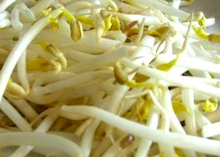
Bean Sprouts source of E.coli?
All information in this article is for educational purposes only.
It is not for the diagnosis, treatment, prescription or cure of any disease or health condition.
The University of California’s Division of Agriculture and Natural Resources research on bacteria and sprouts shows that any contamination in the sprout is likely to come from the seed itself:
‘For most outbreaks, the source of contamination appears to have been the seed. Even if the seed is contaminated, pathogen levels are typically very low, so contamination can easily be missed depending on the nature of the seed-testing program. The best conditions for sprouting are also ideal for multiplication of pathogenic bacteria if they happen to be present on the seed. Even if the seed are only lightly contaminated, Salmonella and E. coli O157:H7 levels can increase to millions of cells per serving during the sprouting process.’
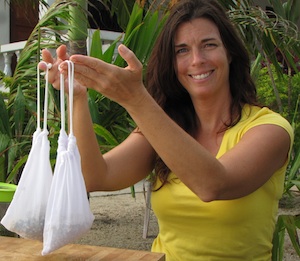
Give loving intention to your sprouts too!
The benefits of eating sprouts is that they are a live food full of enzyme power and are a great source of protein for the body.

Fresh Lentil & Mung Bean Sprouts
You can sprout alfalfa, mung beans, lentils, garbanzo beans, pumpkin seeds, sunflower seeds and more . Bringing variety into your diet is a great way to increase your natural mineral reserve!
I personally prefer the cotton bags over nylon bags for spouting because the cotton is more natural and can keep the sprouts just moist enough to grow without any extra or standing water for bad bacterias. The air flow through the bags is also perfect for preventing mold.
More on Healthy Living:
- Raw Food & Vegetarian Restaurants in Bali, Indonesia
- Sometimes we’re all a bit prickly, like durian fruit!
- Earliest Raw Food and Fasting Book: The Ancient Essene Gospel of the Peace
- Why you’re still low in Vitamin D (and it’s not about sunlight)
- Benefits of Raw Apple Cider Vinegar
Jennifer Betesh
Latest posts by Jennifer Betesh (see all)
- What is an elimination diet? - 28 March, 2019
- Intermittent fasting – What’s the best way? - 15 March, 2019
- How do you know when it’s time to STOP fasting - 28 February, 2019
- When is the BEST time (and WORST time) to START a detox - 20 February, 2019


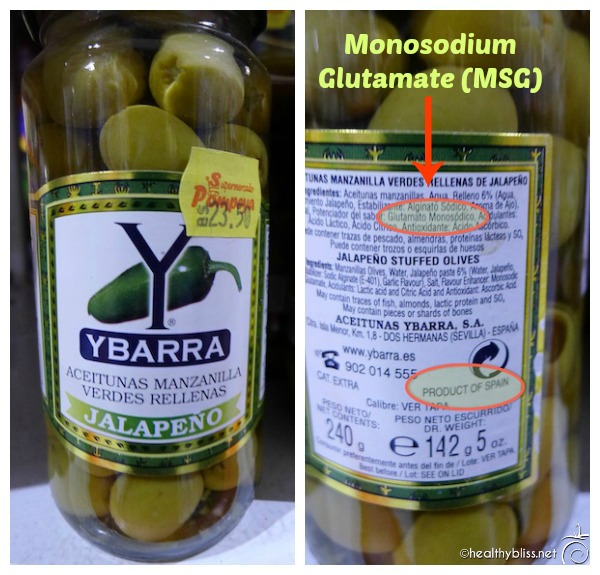

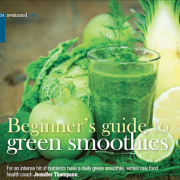

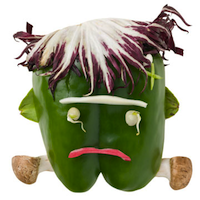

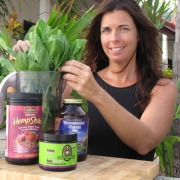


Dear Jennifer,
Im very concerned about bacteria, so i have a question: Do sprouts become useless once i completely boiled/cooked them?. I really want to try them but i also want to be safe. Thank you in advance!
Dear Bolo,
The enzymes in the sprouts will be destroyed if boiled however the nutrients (vitamins and minerals) remain intact.
Have you thought about growing your own sprouts? It’s actually very easy. You can use 100% certified organic seeds or beans. And you can eat them fresh as can be, with no transport or spoilage to worry about. It’s cheaper too!
My best,
To your health,
Jennifer
So I just started sprouting broccoli sprouts using mason jars. Everything went well however there is a slight odor from the jars probably because of the water and humidity. Is This normal?
Dear Jesus,
In using jars you do have more risk for mold since there is not enough air flow getting to the sprouts. That’s why I use cotton sprout bags. Even when I lived in a very humid environment I never had mold on my sprouts. I have some available for sale still on my store, but it’s the last batch I made for production…so they may not be in stock for much longer. You may want to give them a go!
All the best in health,
Jennifer
Thanks for the tip!
I gave up on sprouting because I really dislike the sprouting jar method. Do you have a retailer you would recommend for the cotton sprouting bags?
Dear Marissa,
I have the cotton sprout bags available for sale on my website! They are great quality and hand-made. Here is the link: https://healthybliss.net/healthybliss-store/#!/2-Sprout-and-Nut-Seed-Mylk-Cotton-Bags-+-eBook/p/295523/category=145454
Healthy Blessings!
My best,
Jennifer
I’m sad they are sold out. I’d like to start sprouting with cotton bags